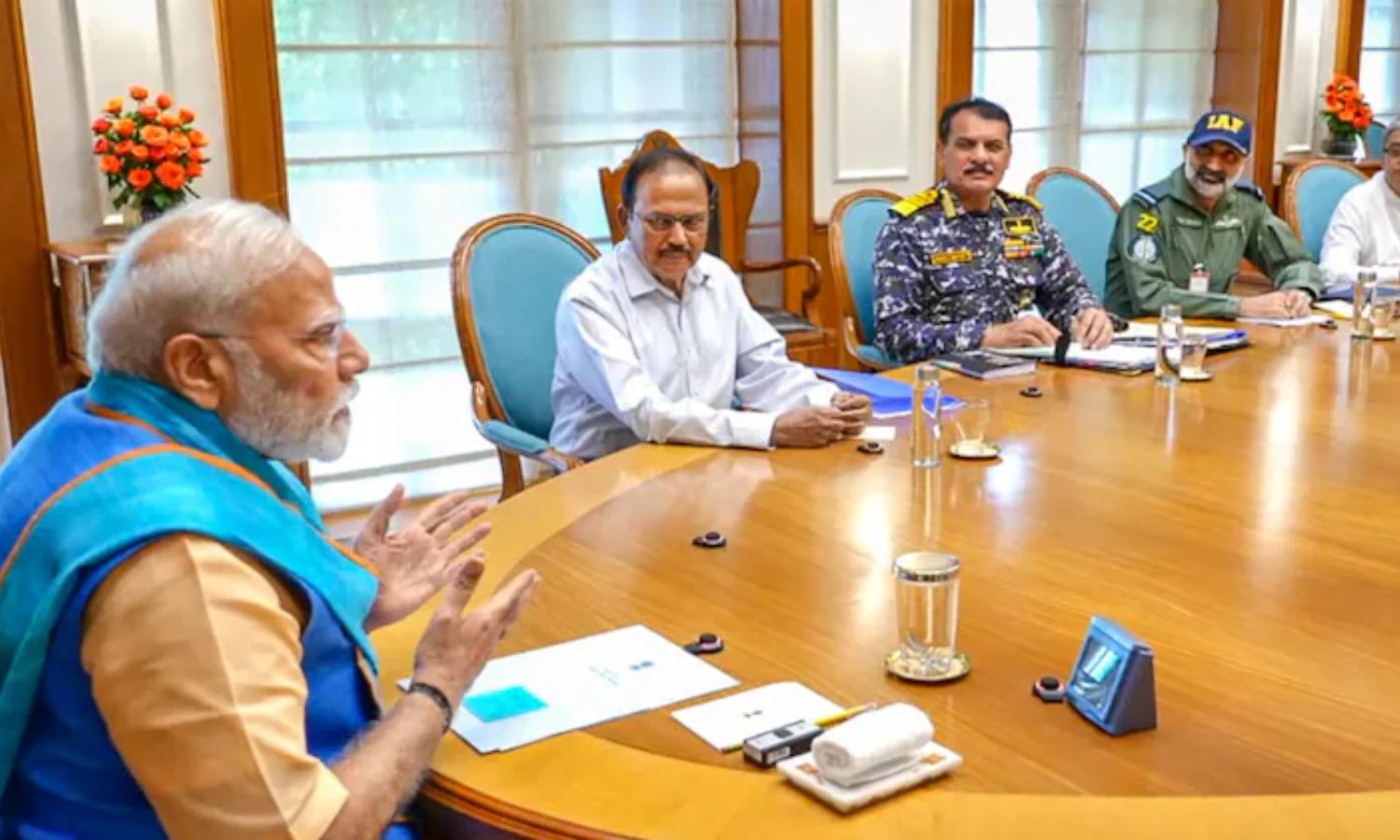In a region fraught with history, hostility, and high-stakes diplomacy, ceasefires are never merely military decisions—they are geopolitical statements. The recently proposed ceasefire between India and Pakistan, reportedly brokered at the level of the Directors General of Military Operations (DGMOs), was less a diplomatic breakthrough than a product of Pakistan’s desperation and U.S. meddling. It was the U.S., in fact, that allegedly advised Pakistan’s DGMO to approach his Indian counterpart. Yet within hours, the truce appeared to unravel—almost before it began. So, who truly sabotaged it?
According to well-placed diplomatic sources, the initiative came from Pakistan’s DGMO, who, after suffering severe losses, reportedly pleaded with his Indian counterpart to halt hostilities. India’s DGMO, however, made it unequivocally clear that any ceasefire would be announced first by India’s Ministry of External Affairs—not by the military, and certainly not under U.S. orchestration. The turning point, it appears, came after India’s precision strikes on Pakistani air defence systems using cruise missiles, inflicting irreparable damage. This, coupled with credible threats from the Indian Navy poised to blockade Karachi, and a spiraling internal security crisis—marked by TTP and Baloch insurgent attacks from the west—compelled Pakistan to seek an emergency cessation of hostilities.
The Indian establishment, known for strategic restraint under Prime Minister Narendra Modi, agreed in principle to a ceasefire. However, protocol dictated that any announcement would come only after the Indian Ministry of External Affairs made its position clear. But in a surprising move, U.S. President Donald Trump jumped the gun and pre-emptively announced the ceasefire deal, bypassing India and upsetting the diplomatic apple cart.

This move, many believe, was more about optics in Washington than peace in South Asia. Trump, reportedly frustrated by Russian President Vladimir Putin’s delay in agreeing to a ceasefire in Ukraine, was looking for a quick diplomatic win elsewhere. The India-Pakistan truce offered that opportunity—until it didn’t. By speaking prematurely, Trump not only violated the confidentiality of the arrangement but also tried to insert himself, yet again, into the India-Pakistan dispute over Jammu & Kashmir.
India has consistently rejected any third-party intervention in Kashmir, and rightly so. From Nehru to Modi, New Delhi’s position has remained firm: Kashmir is a bilateral issue. Trump’s sudden assertion that he could “resolve” the J&K issue was not only diplomatically inappropriate but also deeply offensive to Indian sovereignty.
What followed next was predictable. Even as Pakistan Prime Minister Shehbaz Sharif delivered a nationally televised “Thanksgiving” address, Pakistani forces resumed shelling Indian positions along the border. This only confirmed what India has long maintained—that Pakistan’s civil government has little control over its rogue military establishment.
The Indian Army responded with customary precision. As late-night press briefings confirmed, India retains the right to retaliate to any violation of the ceasefire. More importantly, India has declared a new doctrine: any terror attack or ceasefire violation will now be considered an act of war.
In this context, the so-called ceasefire—brokered under questionable circumstances—has little operational relevance. The three service chiefs are in constant consultation with the Prime Minister, and the nation’s military posture remains aggressive. The underlying message is clear: India will not tolerate even a symbolic violation of its sovereignty, let alone foreign meddling in its internal matters.
While Donald Trump may have miscalculated the optics, the real culprits in this diplomatic mess are the Pakistani military generals who violated the ceasefire minutes after agreeing to it. Their duplicity, compounded by a fractured civil administration and growing internal insurgencies, has rendered Pakistan incapable of upholding even a basic agreement.
In conclusion, the failure of the ceasefire lies in a combination of premature American overreach and Pakistan’s inherent instability. India, under Prime Minister Modi, has demonstrated clarity, restraint, and resolve. And going forward, it is unlikely that any backroom deal or third-party interference will change India’s new security doctrine: zero tolerance for terror, zero compromise on sovereignty.





